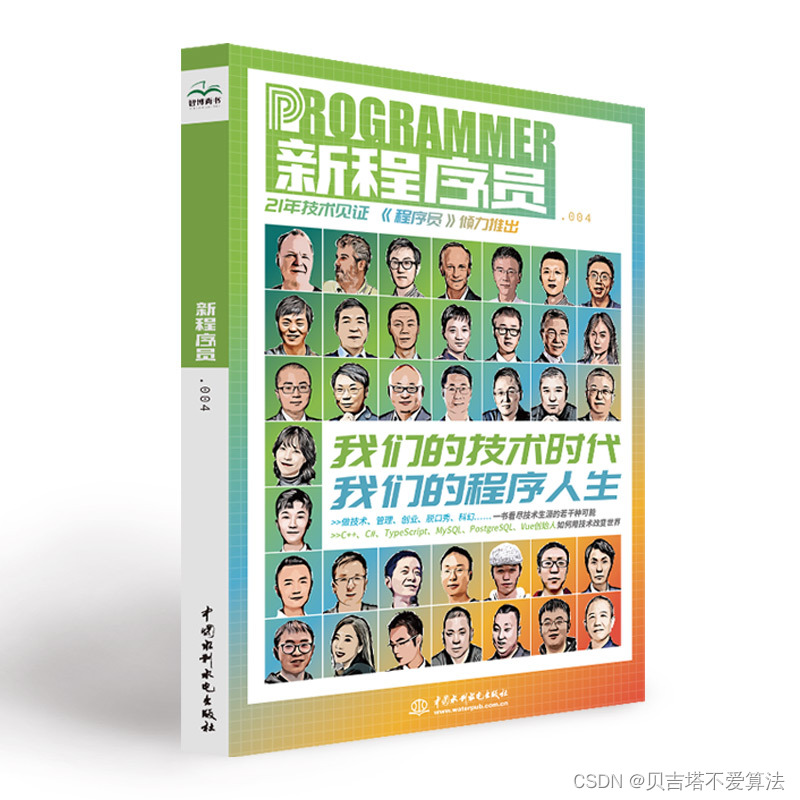int 转十六进制
int IntToHex(int nValue, char *pHexOut, int nHexLen)
{
int nTmp = 0;
//int 占8*4 bit
int nCount = 0;
for (int i = 7; i >= 0; i--)
{
nTmp = ((nValue >> (4 * i)) & 0x0F);
if (nTmp >= 10)
{
pHexOut[nCount] = 'A' + (nTmp - 10);
}
else
{
pHexOut[nCount] = '0' + nTmp;
}
nCount++;
}
return 0;
}十六进制转int
#include <stdio.h>
#include <stdlib.h>
#include <string.h>
#include <ctype.h>
int Char2Int(char c)
{
if (isdigit(c))
{
return c - '0';
}
if (c < 'A' || (c > 'F' && c < 'a') || c > 'z')
{
return -1;
}
if (isalpha(c))
{
// 如果是大写字母减去55 如果是小写字母减去87
return isupper(c) ? c - 55 : c - 87;
}
return -1;
}
int HexToInt(char *hex, int hexLen, int *pValue)
{
if (NULL == hex || NULL == pValue)
{
return -1;
}
int nValue = 0;
int tmpValue;
int bits;
for (int i = 0; i < hexLen; i++)
{
tmpValue = Char2Int(*(hex + i));
//16进制位占4 bit
bits = (hexLen - i - 1) * 4;
tmpValue = tmpValue << bits;
nValue += tmpValue;
}
*pValue = nValue;
return 0;
}Char 转十六进制
int CharToHex(const char *pInput, int nIlen, char *pOut)
{
if (NULL == pInput || NULL == pOut)
{
return -1;
}
char strBuf[33] = { 0 };
char pbuf[33];
int i;
for (i = 0; i < nIlen; i++)
{
sprintf(pbuf, "%02X", pInput[i]);
strncat(strBuf, pbuf, 2);
}
strncpy(pOut, strBuf, nIlen * 2);
return 0;
}十六进制转Char
int HexToChar(const char *pHexSource, int nHexLen, char *pOut, int outLen)
{
if (NULL == pHexSource || NULL == pOut)
{
return -1;
}
if (nHexLen/2 >= outLen)
{
return -1;
}
memset(pOut, 0, outLen);
for (int i = 0; i < nHexLen / 2; i++)
{
sscanf(pHexSource + i * 2, "%2X", pOut + i);
}
return 0;
}//完整的测试代码
#include <stdio.h>
#include <stdio.h>
#include <stdlib.h>
#include <string.h>
#include <ctype.h>
/*
* 将字符转换为数值
* */
int Char2Int(char c)
{
if (isdigit(c))
{
return c - '0';
}
if (c < 'A' || (c > 'F' && c < 'a') || c > 'z')
{
return -1;
}
if (isalpha(c))
{
// 如果是大写字母减去55 如果是小写字母减去87
return isupper(c) ? c - 55 : c - 87;
}
return -1;
}
/*
* 功能:将十六进制字符串转换为整型(int)数值
* */
int HexToInt(char *hex, int hexLen, int *pValue)
{
if (NULL == hex || NULL == pValue)
{
return -1;
}
int nValue = 0;
int tmpValue;
int bits;
for (int i = 0; i < hexLen; i++)
{
tmpValue = Char2Int(*(hex + i));
//16进制位占4 bit
bits = (hexLen - i - 1) * 4;
tmpValue = tmpValue << bits;
nValue += tmpValue;
}
*pValue = nValue;
return 0;
}
int IntToHex(int nValue, char *pHexOut, int nHexLen)
{
int nTmp = 0;
//int 占8*4 bit
int nCount = 0;
for (int i = 7; i >= 0; i--)
{
nTmp = ((nValue >> (4 * i)) & 0x0F);
if (nTmp >= 10)
{
pHexOut[nCount] = 'A' + (nTmp - 10);
}
else
{
pHexOut[nCount] = '0' + nTmp;
}
nCount++;
}
return 0;
}
#include <algorithm>
int HexToChar(const char *pHexSource, int nHexLen, char *pOut, int outLen)
{
if (NULL == pHexSource || NULL == pOut)
{
return -1;
}
if (nHexLen/2 >= outLen)
{
return -1;
}
memset(pOut, 0, outLen);
for (int i = 0; i < nHexLen / 2; i++)
{
sscanf(pHexSource + i * 2, "%2X", pOut + i);
}
return 0;
}
int CharToHex(const char *pInput, int nIlen, char *pOut)
{
if (NULL == pInput || NULL == pOut)
{
return -1;
}
char strBuf[33] = { 0 };
char pbuf[33];
int i;
for (i = 0; i < nIlen; i++)
{
sprintf(pbuf, "%02X", pInput[i]);
strncat(strBuf, pbuf, 2);
}
strncpy(pOut, strBuf, nIlen * 2);
return 0;
}
int main()
{
char c = 55;
char b = 87;
char hex[64] = { "61626364313233345758595A2123262A" };
HexToChar(hex, strlen(hex), a, 16);
int nValue = 0;
HexToInt("00000000075BCD15", strlen("00000000075BCD15"), &nValue);
char tmHex[64] = { 0 };
IntToHex(nValue, tmHex, 64);
char szTmp[64] = { 0 };
CharToHex("abcd1234WXYZ!#&*", strlen("abcd1234WXYZ!#&*"), szTmp);
return 0;
}